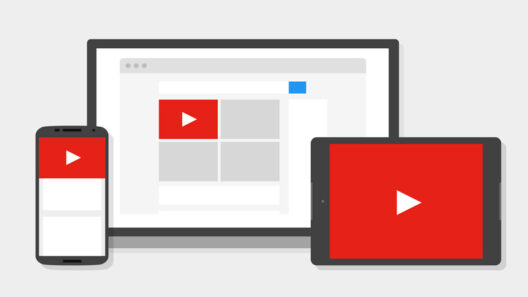Content marketing has become one of the most effective ways for businesses to connect with their audience, build trust, and accelerate growth. In today’s digital-first world, customers seek valuable, relevant, and engaging content before making a purchase decision. That’s where a content marketing strategy comes in, it’s the fuel that powers your business growth engine.
In this guide, we’ll walk through the key components of a winning content marketing strategy, step by step.
What is a Content Marketing Strategy?
A content marketing strategy is a structured plan for creating, publishing, and promoting content that attracts and engages your target audience. The goal is not just to publish random posts but to deliver value-driven content that drives profitable actions whether it’s building brand awareness, generating leads, or increasing sales.
At its core, a content strategy is about delivering the right content, to the right people, at the right time.
Why Content Marketing is Crucial for Business Growth
Before diving into strategy, let’s understand why content marketing works:
- Boosts online visibility: Quality content improves your search rankings.
- Builds brand authority: Consistent publishing positions you as a thought leader.
- Drives organic traffic: SEO-optimized content brings long-term traffic.
- Generates leads: Helpful content captures potential customers.
- Nurtures relationships: Content keeps your audience engaged throughout the buyer’s journey.
Learn more about content writing strategy.
Step-by-Step Guide to Building a Content Marketing Strategy
1. Define Your Goals
Every content plan starts with clear goals. Ask yourself:
- Do you want more website traffic?
- Are you aiming for lead generation?
- Is your focus on sales conversions or brand awareness?
Use the SMART goals framework (Specific, Measurable, Achievable, Relevant, Time-bound) to guide your content objectives.
2. Know Your Target Audience
You can’t create effective content without understanding who you’re talking to.
- Create buyer personas that reflect your audience’s demographics, needs, and pain points.
- Identify what stage of the buyer journey (awareness, consideration, decision) they’re in.
- Use tools like Google Analytics, SEMrush, or surveys to collect insights.
3. Perform Keyword and Topic Research
SEO is the backbone of content marketing. Conduct keyword research to uncover:
- High-volume search queries in your niche.
- Long-tail keywords for niche targeting.
- Trending topics your audience cares about.
Tools like Ahrefs, Ubersuggest, or Google Keyword Planner can help you discover content opportunities.
Learn more about keyword research for SEO.
4. Develop a Content Plan
Your content plan is the roadmap that keeps your strategy on track.
- Build an editorial calendar that covers topics, formats, and publishing dates.
- Mix up formats: blogs, videos, podcasts, infographics, webinars.
- Map content to different stages of the sales funnel (awareness → decision).
5. Create High-Value Content
Your content is your brand’s voice. Focus on:
- Educating (guides, tutorials, how-to articles).
- Entertaining (stories, case studies, industry insights).
- Inspiring action (checklists, templates, actionable tips).
Pro tip: Incorporate storytelling + SEO optimization for content that resonates with both humans and search engines.
6. Distribute Across Multiple Channels
Great content won’t work unless people see it. Promote your content via:
- Your website/blog (your owned hub).
- Social media (LinkedIn, Twitter, Instagram, YouTube).
- Email marketing (newsletters & drip campaigns).
- Guest posting & collaborations (industry sites).
Tailor content for each channel instead of copy-pasting.
7. Repurpose Content for Maximum ROI
Don’t let great content fade away, repurpose it:
- Turn a blog post into a video or infographic.
- Convert a webinar into a podcast or eBook.
- Break a research article into social media snippets.
This multiplies reach without doubling effort.
8. Measure, Analyze, and Optimize
Finally, track your performance:
- Traffic: Which blogs bring the most visitors?
- Engagement: How long are people staying on your page?
- Conversions: Which content drives leads/sales?
Use Google Analytics, Search Console, and social insights to refine your strategy over time.
Common Mistakes to Avoid in Content Marketing
- Publishing without a clear goal.
- Ignoring SEO optimization.
- Focusing only on sales instead of providing value.
- Not updating old content.
- Overlooking distribution channels.
Conclusion
A well-executed content marketing strategy is the fuel that powers your business growth. By setting clear goals, knowing your audience, creating valuable content, promoting it effectively, and analyzing performance, you’ll position your brand as an authority and achieve long-term success.
Instead of treating content as just marketing material, view it as your most powerful business growth engine.
Frequently Asked Questions
Typically, it takes 3–6 months to see noticeable traffic and lead growth, depending on your niche and consistency.
Quality matters more than quantity. Aim for consistency whether that’s weekly or bi-weekly.
Yes. Even small businesses benefit by building authority and attracting local leads through content.





